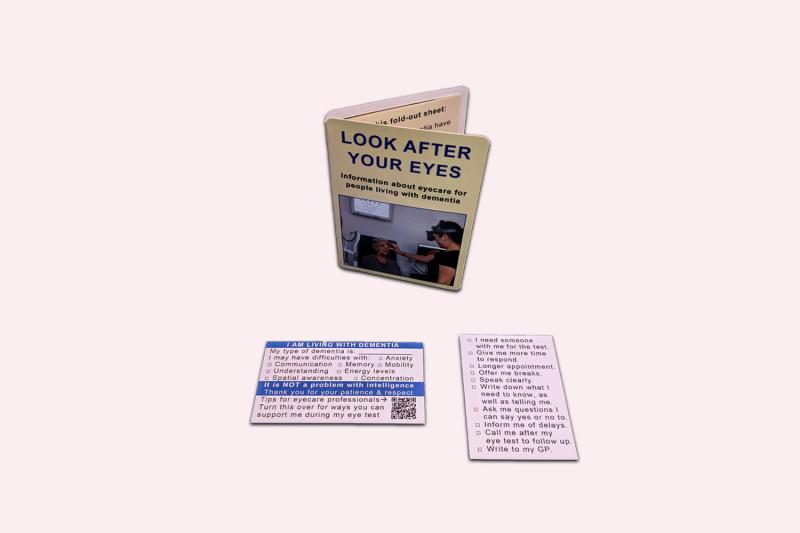Key points
- Case management is designed to plan and coordinate care required to meet the identified needs of the person living with dementia.
- Evidence from two systematic reviews showed that case management as a part of a home care service reduced behaviour disturbances and increased the number of community services accessed.
- The evidence of benefit of case management in outcomes such as depression, functional ability, cognitive function, and admission to residential aged care is inconclusive.
- Studies that assessed the relationship between case management and outcomes such as mortality and number of hospital admissions found case management provided no benefit.
Case management is an overarching term that can often refer to care management or care coordination. Case management is delivered in the community, not in a hospital or residential care setting. It predominantly focuses on the planning and coordination of care required to meet the identified needs of the person living with dementia. [1] Case management is a broad term that relates to managing the needs of a person across a range of areas, devising a plan, and reviewing the plan as conditions or needs change. In Australia, case managers may be assigned through a service provider as part of a Home Care Package, or hired privately. [2]
Dementia case management is a collaborative approach that involves assessment, planning, and advocacy for people living with dementia and their carers. [3] Dementia case management also aims to empower carers and facilitate timely access to essential care services to help support their needs. [3]
This evidence theme on case management is a summary of one of the key topics identified by a scoping review of the dementia research. If you need more information on this topic, try using the PubMed search below.
We found two systematic reviews that assessed the impact of case management on outcomes for people living with dementia and/or their carers. Multiple studies report benefits of case management.
These include:
- Reduced responsive behaviours [1]
- Increased number of community services accessed. [1]
One study also found that case management was associated with a reduced total cost of services and lower dollar expenditure. [1]
The evidence of the effectiveness of case management is inconclusive for some outcomes. For example:
- Admission to residential aged care [1, 3]
- Depression [1]
- Functional ability [1]
- Cognitive function. [1]
This is because some studies found benefits of case management, while others found no benefits.
There was no clear evidence of benefit for:
- Number of hospital admissions [1]
- Mortality. [1]
In other words, studies have assessed the relationship between case management and these outcomes, but no benefit was reported.
The reviews highlighted concerns about the methods used in some of the studies. This reduces the degree of certainty we might have about the benefits of case management. For example:
- Studies were often not clear about what case management involved. [1]
- Potentially important outcomes were not assessed (e.g., patient and carer perspectives, and appropriate/timely admission to residential care). [1, 3]
- Be familiar with what case management is and how it may influence care outcomes for people living with dementia and/or carers. For more information see https://www.agedcareguide.com.au/information/case-managers
- When using home care services from an aged care provider, get to know the care coordinator and clinical nurse involved, and develop a collaborative working relationship to plan for changing needs as the condition progresses.
- Identify where priorities lie in the home care package and where private funds may provide additional support such as gardening, cleaning and home maintenance.
- Refer/escalate any care concerns you may have for a person living with dementia.
- Ensure care coordinators and clinical nurses are well trained in dementia care and the changing needs of people living with dementia and their carers. Promote collaborative planning and review of services with family carers.
- Reilly S, Miranda-Castillo C, Malouf R, Hoe J, Toot S, Challis D, et al. Case management approaches to home support for people with dementia. Cochrane Database Syst Rev. 2015;1:CD008345.
- Aged Care Guide. How can a Case Manager help me? [Internet]. Australia; 2021 [cited 2023 Jun 29]. Available from: https://www.agedcareguide.com.au/information/case-managers.
- Tam-Tham H, Cepoiu-Martin M, Ronksley PE, Maxwell CJ, Hemmelgarn BR. Dementia case management and risk of long-term care placement: A systematic review and meta-analysis. Int J Geriatr Psychiatry. 2013;28(9):889-902.
Connect to PubMed evidence
This PubMed topic search is limited to home care and residential aged care settings. You can choose to view all citations or citations to articles available free of charge.


